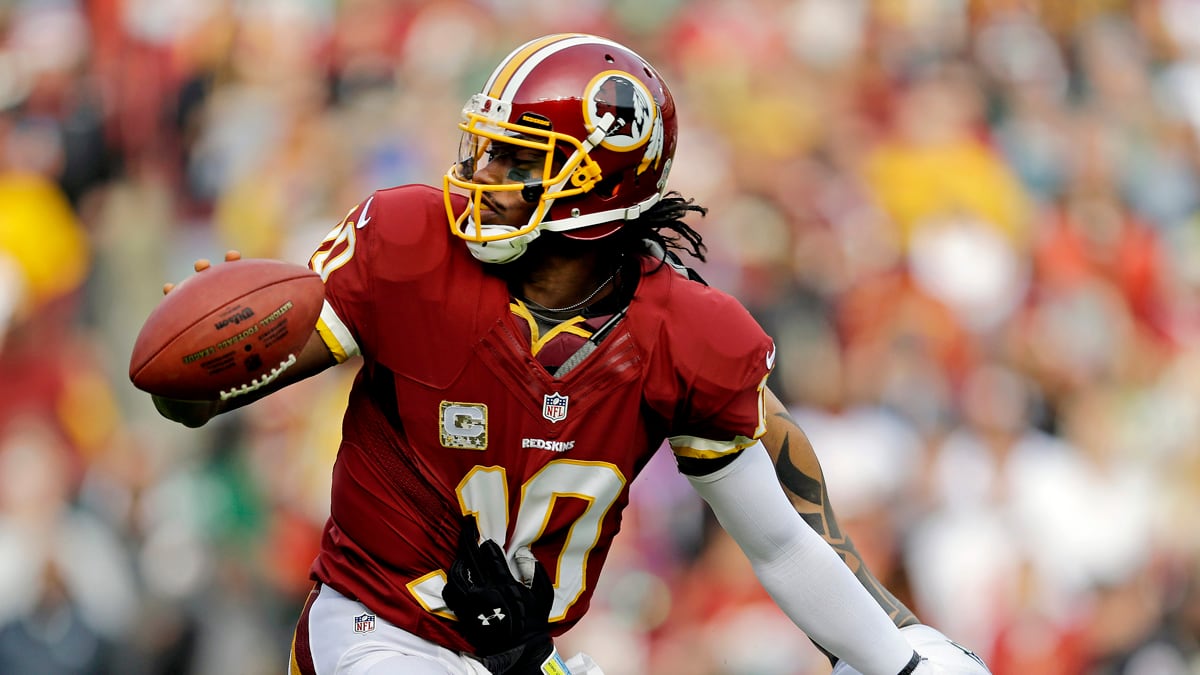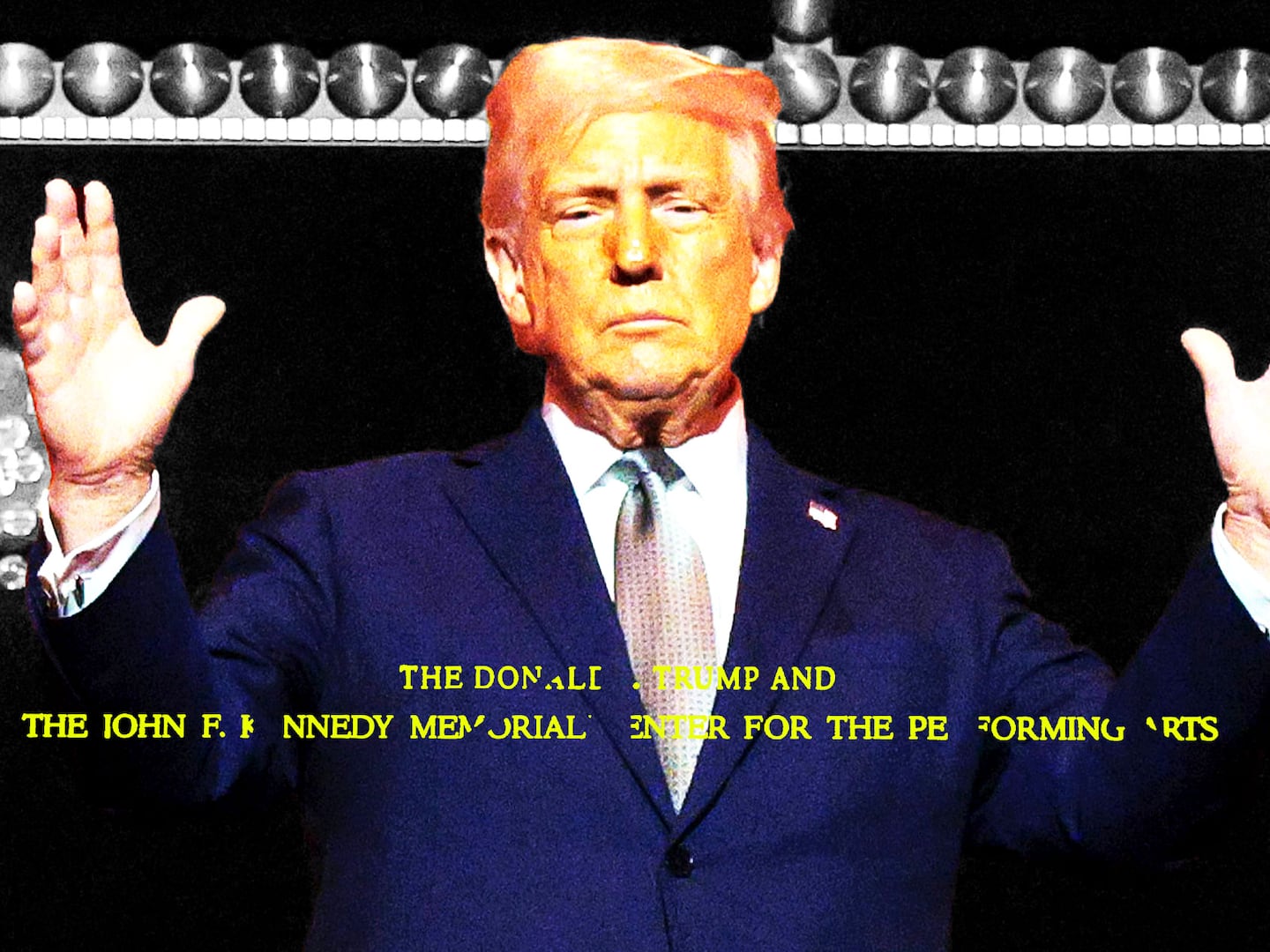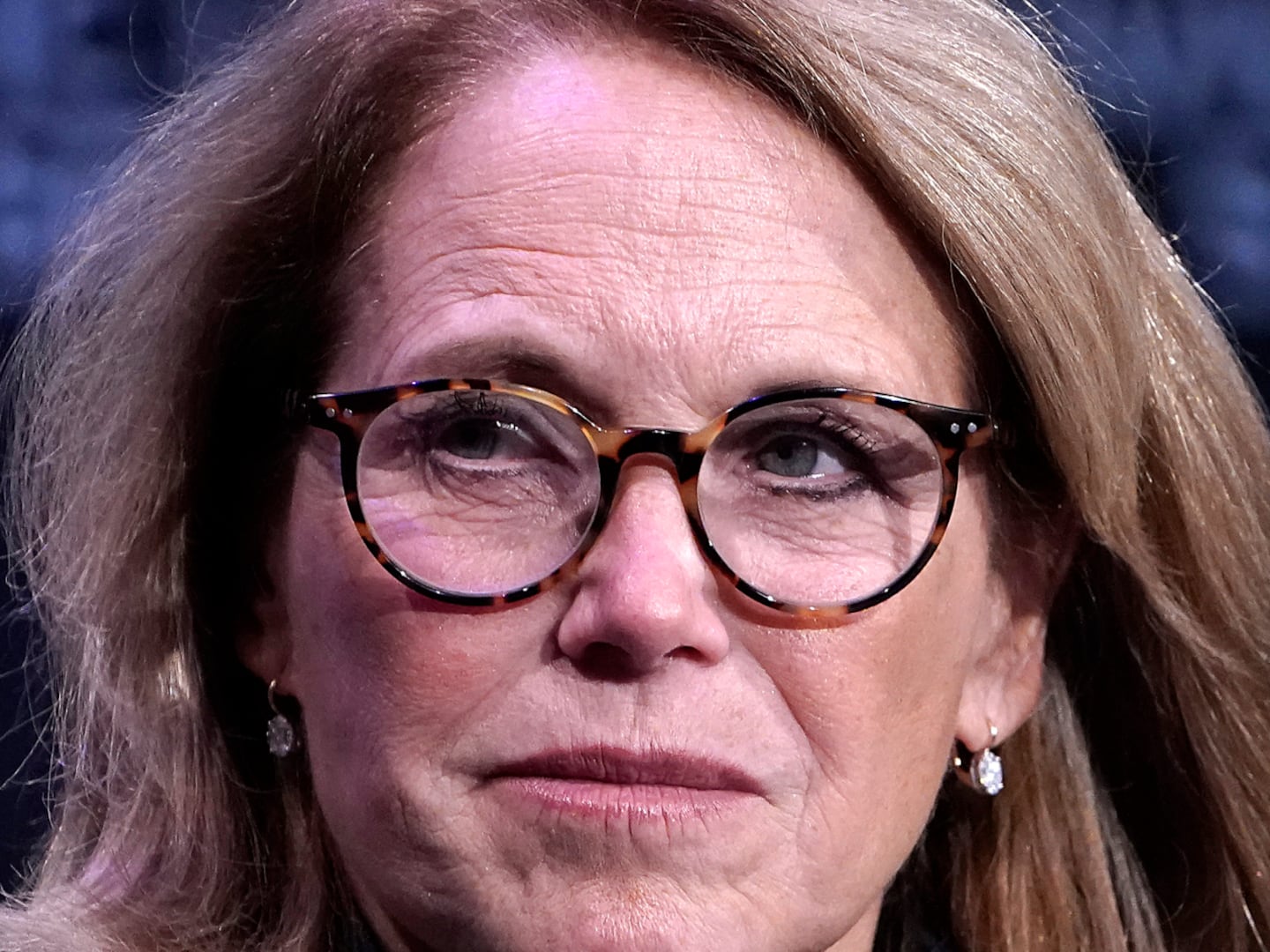A word, Humpty Dumpty told Alice, means whatever I want it to mean. But can the same word mean different things in different parts of a newspaper? Apparently it can. Or let me put it more precisely: some words, like the word I’m thinking of that I bet you’ll guess before this sentence is over, can be banned from most parts of the paper as obviously offensive to its readers and yet permitted to appear in the sports section as if it had emerged from the pen of Shakespeare himself.

As I was recently contemplating Washington football club owner Dan Snyder’s pig-headed and reactionary defenses of his team’s pig-headed and reactionary name, I got to thinking. If he won’t change it, what force on earth can make him change it? There is ample precedent in history for change being forced upon recalcitrant organizations from the outside. In fact that’s the usual way, no? The czar and Louis XVI, among countless others, put up quite a fight before going.
Indeed, conspicuous precedent for forced change exists with respect to this selfsame Washington football club. The team, as most people now know, was the last in the National Football League to integrate, pulling up the rear by some distance. It did so only when forced to by the Kennedy administration. George Preston Marshall, the racist owner (who gave the team its current name), wanted a new stadium. What we now call RFK Stadium was built on land owned by the Department of the Interior, which gave Kennedy’s aggressively integrationist interior secretary, Stewart Udall, the right to demand that Marshall’s team abide by federal nondiscrimination laws. The racist was cornered. (I went into the whole history of Marshall and the team name a couple of weeks ago here.)
So this, as I say, got me thinking: what if The Washington Post, the hometown paper of this team, which obsesses over its fortunes, one day just up and announced that starting on such-and-such a date, they were banning the word “redskin” from their pages? And then I got to thinking, why stop with the Post? The New York Times is our nation’s leading newspaper. The Associated Press, its most widely distributed wire service. What if all three, separately, or better still in concert, were to announce that they just weren’t going to print that word anymore?
Let’s have a look, now, at the AP Stylebook, the bible of journalism style not just for the AP but for most news organizations in the country, which develop their own rules on certain capitalizations or the Oxford comma but default to the AP much of the time. In the Stylebook I have handy, it says on page 234: “Do not use racially derogatory terms unless they are part of a quotation that is essential to the story.”
The New York Times stylebook, under “slurs,” says the following: “The epithets of bigotry ordinarily have no place in the newspaper. Even in ironic or self-mocking quotations about a speaker’s own group (in rap lyrics, for example), their use erodes the worthy inhibition against brutality in public discourse. If an exception is essential to readers’ understanding of a highly newsworthy crime, conflict or personality, the decision should first be discussed thoroughly by senior editors.” The Washington Post has similar language about avoiding stereotypes and ethnic labels.
Now, none of them spells out the verboten words anywhere that I can see. But I think we can all well conjure them, and I’d say it isn’t much of a reach to imagine that “redskin” is one of those words. But just to make sure, I asked. I sent the style mavens at all three organizations a few simple questions. I sought to confirm that certain insensitive words were banned (I wouldn’t name them here, but words for Jews, Italians, African-Americans, etc). I then asked whether the word “redskin” was one of those words; if an editor would be likely to remove it if a writer turned in copy using “redskin” interchangeably with “Native American” and “Indian”; and finally, if the word was offensive in those contexts, why was it not so on the sports pages.
Points for menschitude to Phil Corbett of the Times, the only one of the three to respond. He didn’t reply specifically to each question, but he did pass along the following:
“Michael, As I’m sure you know, we do not use offensive racial or ethnic slurs in news stories unless doing so is essential to the reader’s understanding of the story. ‘Redskin,’ when used as a derogatory term for a Native American, would fit into this category.
“I do think the situation is more complicated in the case of a sports name like the Washington Redskins. When we write about the football team, I don’t believe readers think that The Times is intending the term as a slur referring to Native Americans.
“Certainly it’s legitimate to debate the propriety of sports names with that sort of background or history. But I’m not sure The Times’s stylebook is the place where that debate is going to be resolved.”
He makes a fair point in that no reasonable reader could think that the paper was intending to slur Native Americans by referring to the Washington football team by its existing name. On the other hand … what if the Times is in fact slurring them by printing the word, even without intending to? The contradiction inherent in the fact that the paper would (almost) never permit the word to appear in a news or feature story, and yet prints it (sometimes in blaring headlines) every week from September to January is, I think, self-evident. This isn’t a fanciful chat between Humpty and Alice. The word is the word. It belongs in their newspaper or it does not.
But like I say, all credit to Corbett. The Post and the AP ducked me. Not a peep. Their silence suggests to me that I’m onto something. Activists who can’t get through to Snyder might take a stab at importuning the Post, in the name of erasing this large and growing civic embarrassment. If the Post and others simply refuse to print the team’s name, a second owner will have been cornered into finally doing the right thing.






